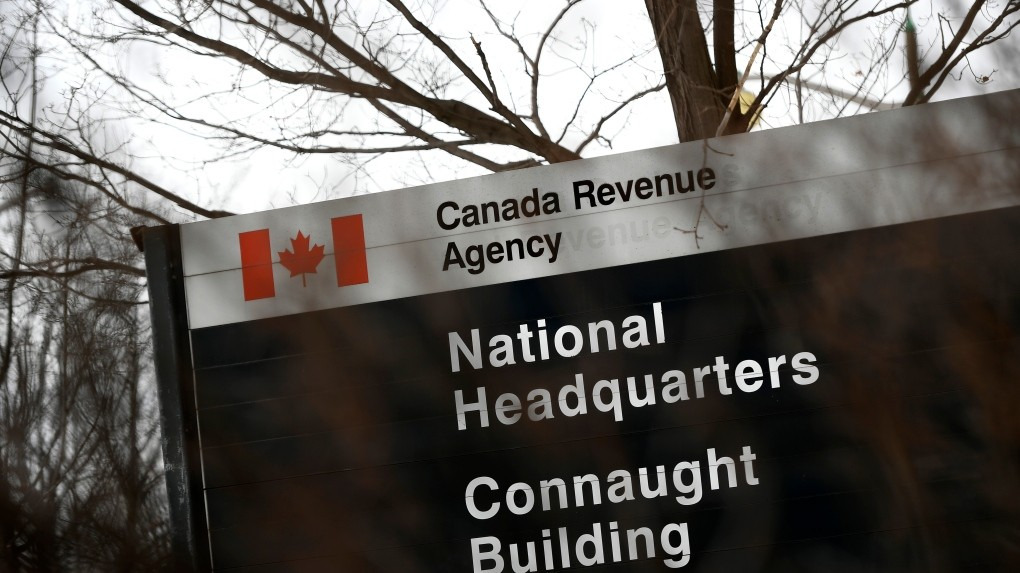Following the deaths of more than 300 children from contaminated cough syrups in several countries, Health Canada says it’s been more than a decade since similar cases were identified here.
The children died in 2022 in Gambia, Indonesia and Uzbekistan after taking over-the-counter cough syrups tainted with high levels of diethylene glycol and ethylene glycol.
“These contaminants are toxic chemicals used as industrial solvents and antifreeze agents that can be fatal even taken in small amounts, and should never be found in medicines,” the World Health Organization (WHO) warned in a statement this week. “Since these are not isolated incidents WHO calls on various key stakeholders engaged in the medical supply chain to take immediate and coordinated action.”
According to the WHO, at least seven countries may be impacted, including the Philippines, Timor Leste, Senegal and Cambodia. The contaminated cough syrups appear to have been manufactured in India and Indonesia. Most of the victims were under the age of five and died from acute kidney injury.
In a statement to CTVNews.ca, a Health Canada spokesperson said there is no reason for alarm in Canada.
“Health Canada has not received any complaints or similar reports related to glycol contamination in cough and cold syrups,” a Health Canada spokesperson told CTVNews.ca. “In 2022, the Department was made aware of this issue by international regulatory partners and conducted a thorough assessment which did not identify any Canadian impact.”
The spokesperson added that Health Canada has not received a report of serious adverse reactions related to glycol-contaminated medicines for more than 10 years.
“Canadian companies must ensure that the drug products that they sell in Canada comply with Health Canada’s stringent regulatory requirements for safety and quality,” the spokesperson explained. “These requirements apply whether the drug products are manufactured domestically or abroad.”
All drugs that are manufactured or imported for sale in Canada are subject to the Food and Drugs Act, and the Food and Drug Regulations, which are overseen by Health Canada. To get a licence to import drugs into Canada, foreign production sites must also demonstrate their compliance with Good Manufacturing Practices (GMP), which is a system of international quality standards. Cases of potential non-compliance with Canadian standards and regulations can be investigated by Health Canada with the help of the Canada Border Services Agency.
source: ctvnews


